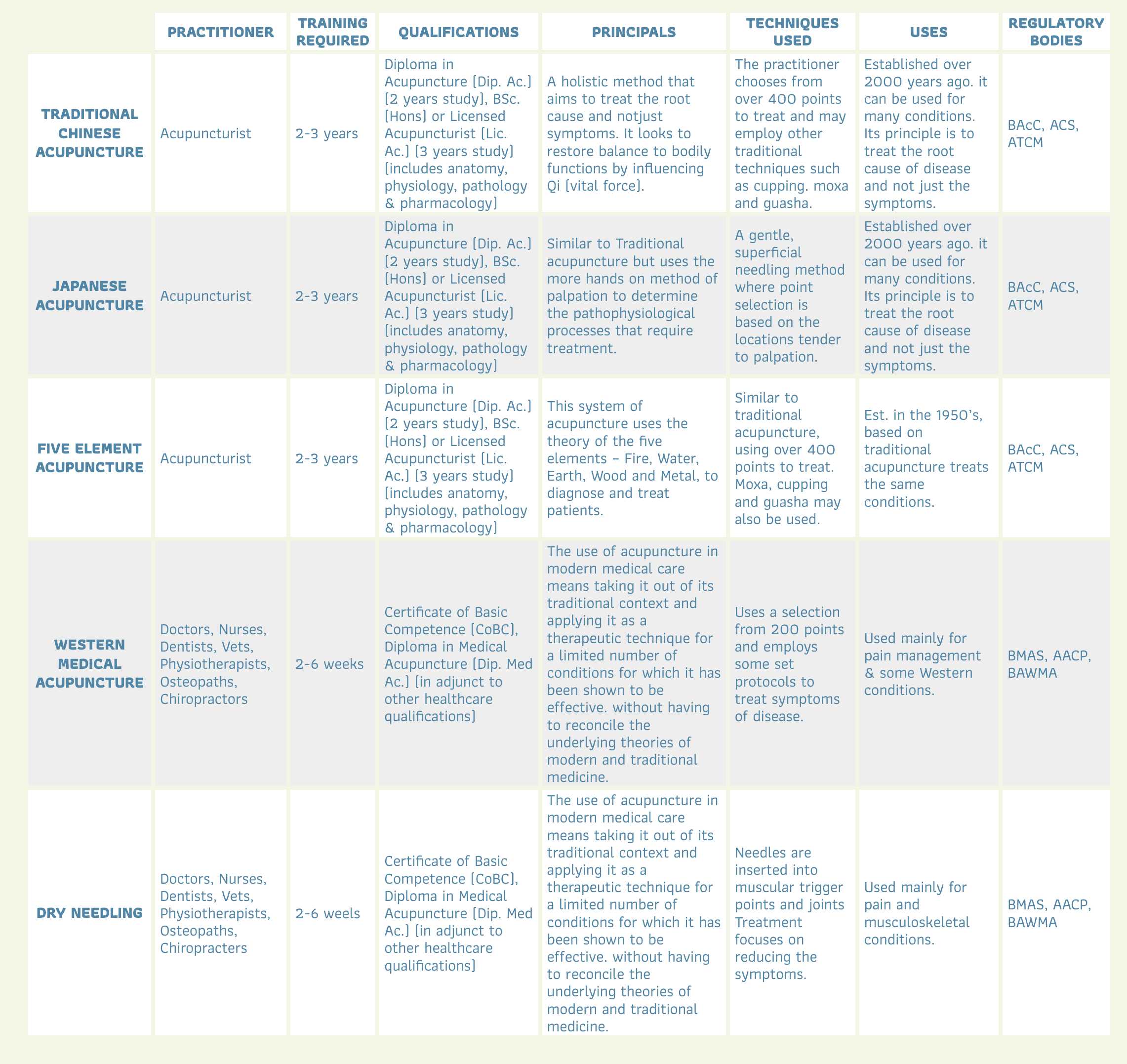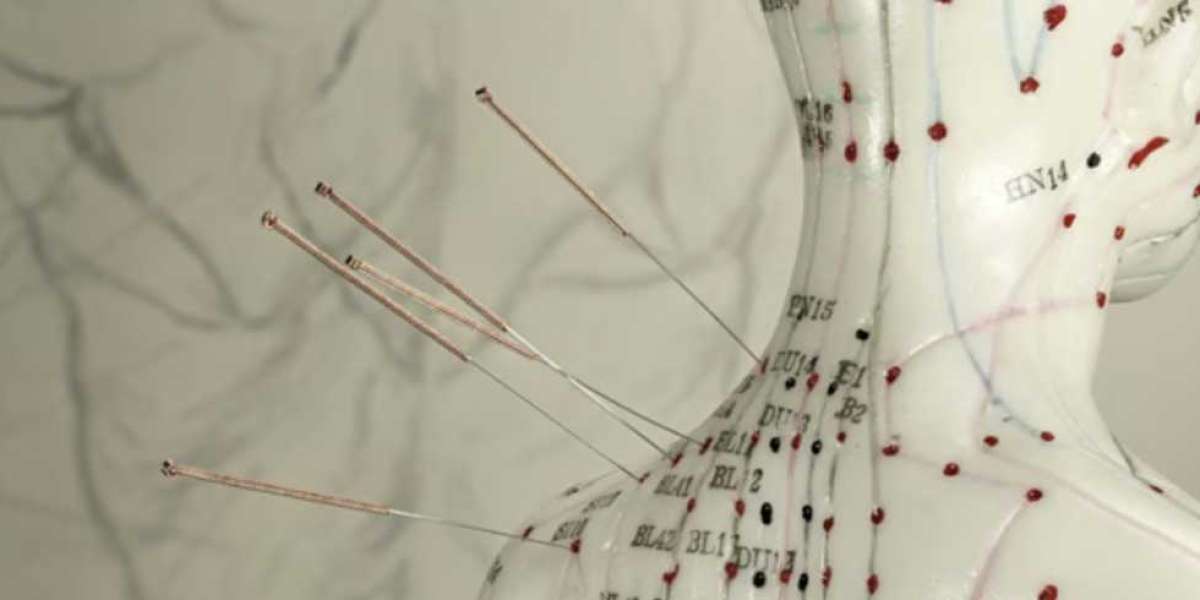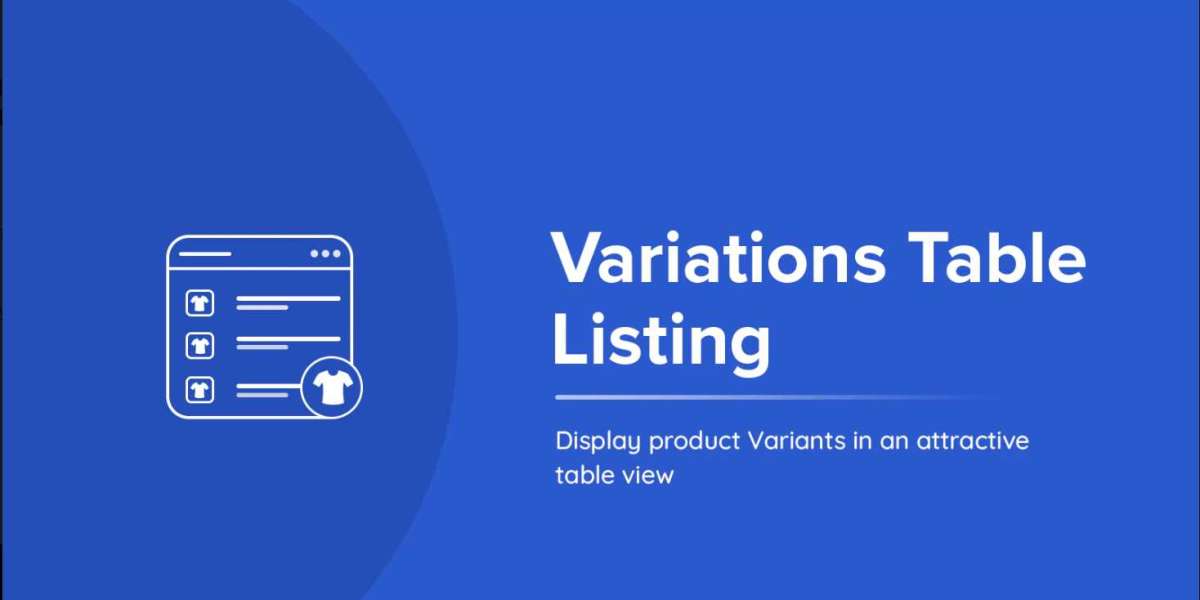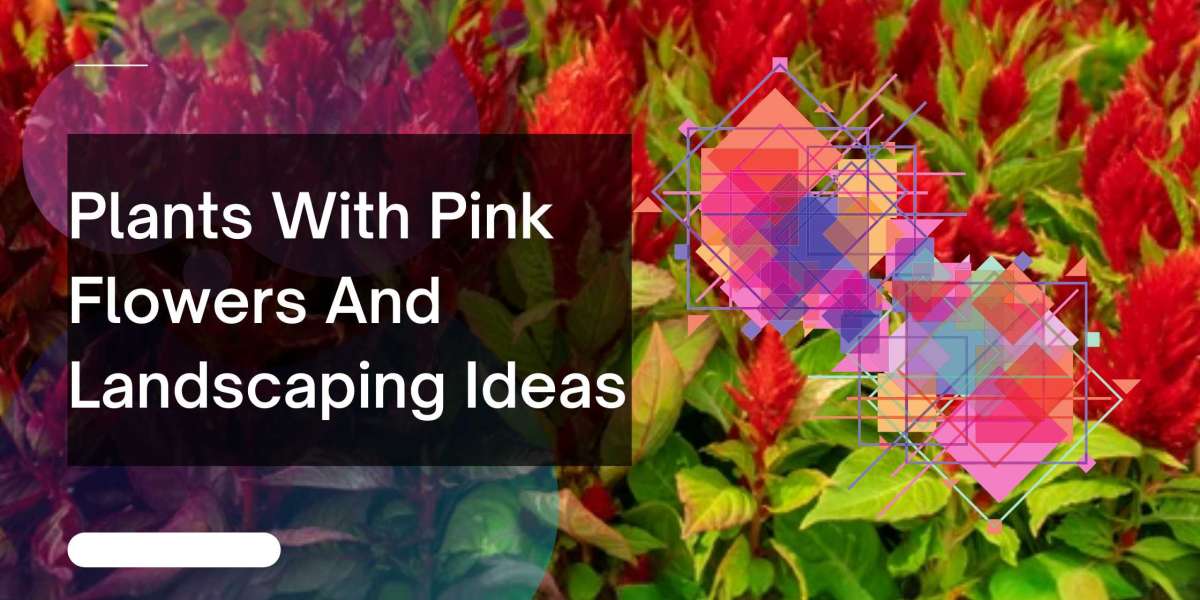In the field of acupuncture, various styles exist, each offering unique approaches to healing. While there are primary categories, there can be overlap among them.
1. Traditional Chinese Medicine (TCM) Acupuncture
- What it is: The most well-known and widely practiced style, TCM acupuncture is based on the theory of Qi and meridians. Practitioners aim to balance Qi flow to promote healing.
- Best for: A wide range of conditions including pain, stress, digestive issues, sleep problems, women’s health, and fertility.
2. Five Element Acupuncture
- What it is: Focuses on the five elements of nature (water, wood, fire, earth, metal) and their corresponding organs. Treats imbalances in these elements to address illness.
- Best for: Emotional issues, hormonal imbalances, and conditions related to organ dysfunction.
3. Japanese Acupuncture
- What it is: A gentler approach using finer needles and shallow insertions. Focuses on overall body balance rather than specific symptoms.
- Best for: Those sensitive to needles and conditions like migraines, menstrual issues, and anxiety.
4. Dry Needling
- What it is: Often practiced by non-acupuncturists, targets trigger points in muscles to alleviate pain.
- Best for: Musculoskeletal issues such as back pain, headaches, and sciatica.
5. Medical or Western Acupuncture
- What it is: Based on Western medicine principles, often practiced by physicians or physical therapists.
- Best for: Pain management and musculoskeletal conditions.
Choosing the Right Practitioner
In the UK, individuals pursuing acupuncture as a career typically follow one of two main paths:
Traditional Chinese Medicine (TCM) Training:
- Requires 2-3 years of study at degree level.
- The curriculum includes Western medicine, anatomy physiology, pharmacology, and traditional Chinese medicine theory.
- Focuses on holistic therapy aimed at addressing the root cause of disease.
Western Medical (WM) Training:
- Suitable for healthcare professionals such as doctors, nurses, midwives, dentists, physiotherapists, and osteopaths.
- Involves short acupuncture courses.
- Emphasizes symptom relief for diseases where acupuncture has proven effective, often without TCM concepts.
It's worth noting that some Western Medical practitioners may also have training in Traditional Chinese Medicine principles.

Other Styles of Acupuncture (many acupuncturists have received additional training in these styles and incorporate them into their practice).
Auricular Acupuncture
- What it is: This style focuses on the ear as a microsystem of the body. Stimulating points on the ear is believed to address a wide range of conditions.
- Best for: Addiction issues, anxiety, and chronic pain.
Scalp Acupuncture
- What it is: Targets acupuncture points on the scalp, particularly effective for neurological disorders like stroke and Parkinson's disease.
- Best for: Neurological conditions and disorders.
Acupuncture Physical Medicine (APM)
- What it is: Integrates traditional Chinese acupuncture with Western medical concepts, often using trigger point dry needling.
- Best for: Acute and chronic pain, headaches, digestive issues, heart palpitations, pelvic pain, and low back pain.
Kiiko Matsumoto (KM) Acupuncture
- What it is: Relies heavily on palpation diagnosis, particularly known for its abdominal diagnosis (hara diagnosis).
- Best for: Hormonal imbalances, musculoskeletal disorders, and digestive issues.
Korean Acupuncture
- What it is: Similar to TCM acupuncture but with fewer needles, focusing on treating the root cause of illness.
- Best for: Chronic conditions, respiratory issues, and fatigue.
French Energetic Acupuncture
- What it is: Blends TCM principles with modern anatomy and physiology knowledge, restoring balance in the body.
- Best for: Allergies, asthma, and chronic pain.
Master Tung Acupuncture
- What it is: Utilizes fewer needles and less manipulation, often employed for pain management and chronic conditions.
- Best for: Pain management and chronic conditions.
Dr. Tan Acupuncture
- What it is: Focuses on balancing yin and yang in the body, using imaging techniques to visualize energy flow.
- Best for: Pain and internal disorders.
Miriam Lee Acupuncture
- What it is: Based on the teachings of Dr. Tan, known for its use of powerful points and balancing energy.
- Best for: Digestive disorders, respiratory problems, and hormonal imbalances.
Jeffrey Yuen Acupuncture
- What it is: Rooted in classical Chinese medicine, uses gentle manipulation and fewer needles for complex, chronic conditions.
- Best for: Complex, chronic conditions.
Meridian Therapy Acupuncture
- What it is: Focuses on the body's meridian system, utilizing pulse diagnosis and palpation.
- Best for: Addressing imbalances in the meridians.
Vietnamese Acupuncture
- What it is: Combines traditional Chinese and French acupuncture techniques, emphasizing palpation and pulse diagnosis.
- Best for: Digestive issues, chronic pain, and mental health concerns.
The decision to try acupuncture is an important step towards holistic wellness. By understanding the different styles and practitioner backgrounds, you can make a more informed choice that aligns with your health goals. Whether you opt for the ancient wisdom of TCM or the scientific approach of medical acupuncture, there's a style and practitioner out there to support your journey to better health. Take the time to research and explore your options, and don't hesitate to ask questions before committing to treatment. With the right guidance, acupuncture can be a powerful tool in your path to wellness.








